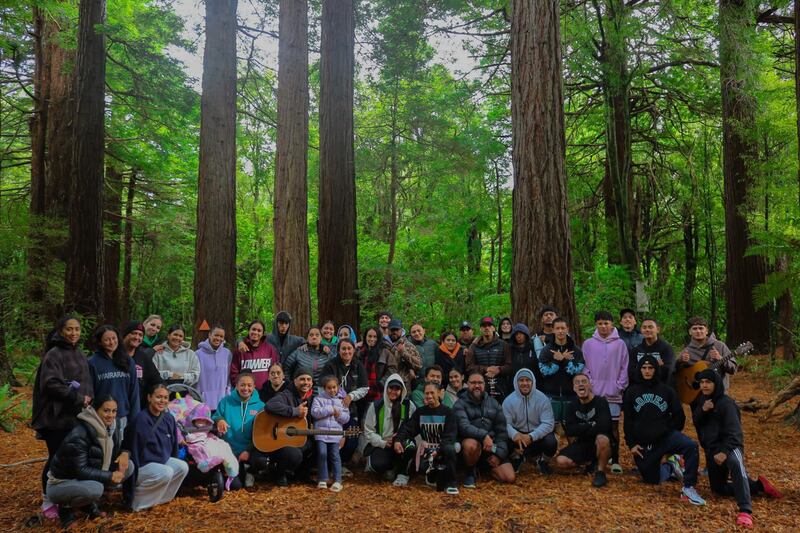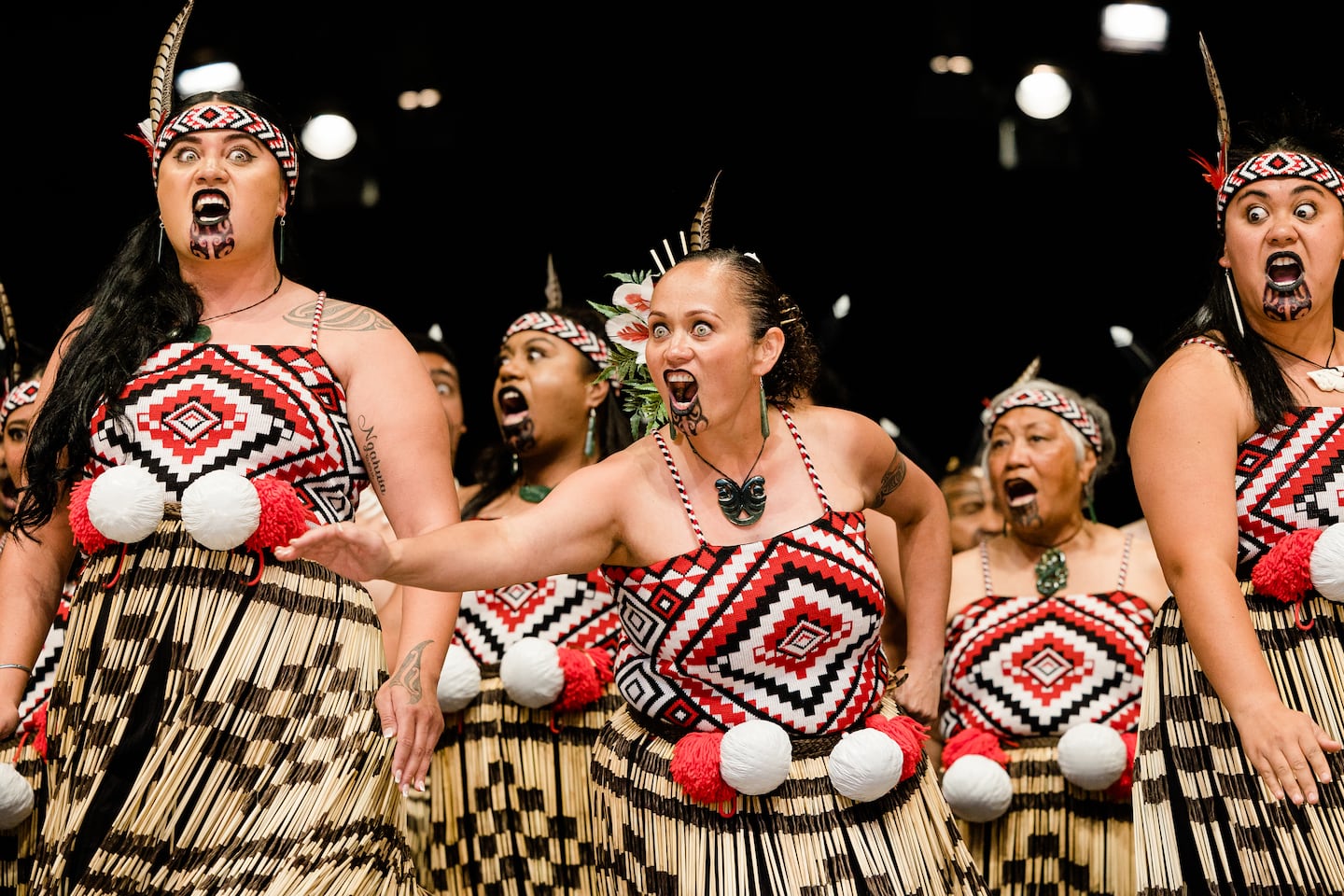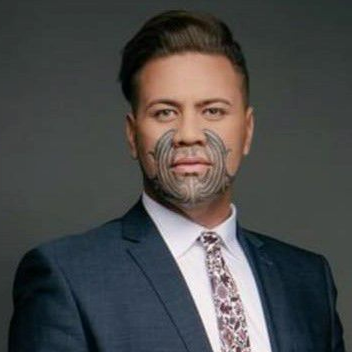Doug Petley leads a new group based in Melbourne, Te Whare Haka o Nārama. He’s excited about his team and says many of the members in his group were born in Australia, and haka gives them that connection to their ao Māori.
“Koira tetahi o ngā kawenga o te kapa kua whakatōngia e mātou te kākano o te māoritanga ki roto i te whatumanawa o te whānau i whānau mai ki konei. Ko ngā piropiro kei te haere pai.”
(One of the group’s tasks is instilling their Māori identity into the hearts of our whānau who are born here. But otherwise, we’re excited for the competition.) he said.
“He kapa hou Te Whare Haka o Nārama. Ko tērā ingoa, ko Nārama, kua whakamāoritia e mātou te ingoa tūturu, te ingoa taketake o te wāhi o Melbourne. Kua roa nei tātou te iwi Māori e whakamahi ana i te ingoa Meripana, Poipiripi”.
(Te Whare Nārama is a new group. The name Nārama is a direct translation from the original name of Melbourne, we translated it. Māori have long used names like Meripana, Poipiri.)
He adds that one of the many obstacles that groups in Australia face is the cost. However, it doesn’t prevent them from participating in these events.
“Koira tetahi o ngā mānuka nui kei mua i ngā kapa katoa o Ahitereiria ko te kohi pūtea. Ahakoa Matatini ahakoa whakataetae a rohe, ko te utu, nui ake i te whā tekau i te rima tekau mano tāra.”
(One of the biggest struggles for groups from Australia is fundraising. Whether it is Te Matatini, or regional comps, the costs exceed $40,000 to $50,000).
RANGITĀNE

A significant increase of kapa haka teams performing at the Rangitāne senior kapa haka regionals this weekend in the Manawatu is a result of the hard work from the regional committee to build kapa haka in the district.
Making their debut this weekend, Te Whirikōkō o Rangitāne are excited to take to the stage, bringing with them their identity as Rangitāne, their language, and their customs.
“I puta te whakaaro kia whakatū he rōpū hou nā runga i te tono o mātātahi kia whakatū he rōpū-ā- iwi mo ngā uri nei o Rangitāne.”
(The idea came about to establish a new group in response to the request of young individuals who were keen on initiating an iwi-based community for the Rangitāne people) said group leader, and Te Matatini delegate, Chris Whaiapu.
Ten years ago, the regional event in Rangitāne had five teams perform on the stage, and tomorrow 14 teams will perform, with the top four teams qualifying to compete at the next Te Matatini National Festival in 2025 in Ngāmotu/New Plymouth.




